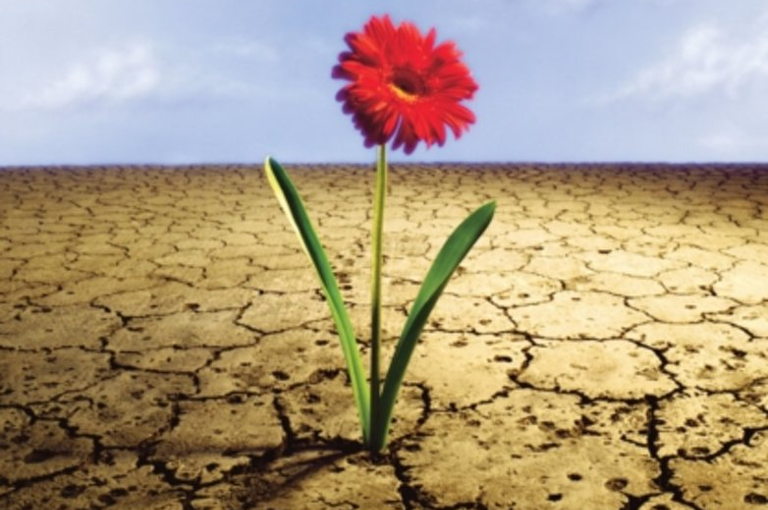The biosphere and econosphere are deeply interlinked and both are in crisis. Industrial, fossil-fuel based capitalism delivered major increases in living standards from the mid-18th through late-20th centuries, but at the cost of widespread ecosystem destruction, planetary climate change, and a variety of economic injustices. Furthermore, over the past 40 years, the gains of growth have flowed almost exclusively to the top 10%, fuelling populist anger across many countries, endangering both democracy and global action on climate change. This talk will argue that underlying the current dominant model of capitalism are a set of theories and ideologies that are outdated, unscientific, and morally unsound. New foundations can be built from modern understandings of human behaviour, complex systems science, and broad moral principles. By changing the ideologies, narratives, and memes that govern our economic system, we can create the political space required for the policies and actions required to rapidly transform to a sustainable and just economic system. Oxford Martin School, University of Oxford www.oxfordmartin.ox.ac.uk
Economy
“New Economic and Moral Foundations for the Anthropocene”
By Eric Beinhocker, originally published by Oxford Martin School
January 30, 2020

Eric Beinhocker
Eric Beinhocker is a Professor of Public Policy Practice at the Blavatnik School of Government and the Executive Director of the Institute for New Economic Thinking at the Oxford Martin School. Beinhocker is also a Supernumerary Fellow in Economics at Oriel College, and External Professor at the Santa Fe Institute.
Tags: building resilient economies, neoliberal economics, the Anthropocene
Related Articles
Pirate Care as a Revolutionary Act
By David Bollier, 10+ indigenous authors, David Bollier blog
For an illuminating deep dive on the politics of care, check out a new book, Pirate Care: Acts Against the Criminalization of Solidarity (Pluto Press).
January 9, 2025
Distaff Day
By Eliza Daley, By my solitary hearth
The irony is that in this economy, women do distaff work for wages — usually benefitting women of higher socio-economic class — and struggle to keep their own home functioning because their wages and time are insufficient for the household work they can no longer do for themselves.
January 8, 2025
Bringing about the bioeconomy
By Nolan Monaghan, Resilience.org
Biological systems are optimized for circular production systems because they follow the template of ecosystems, where spare nutrients are scavenged and waste is utilized by decomposers. Building technology from these systems allows us to model industries based on ecosystems, in lieu of the linear models pursued today, allowing us to unlock true sustainability.
January 7, 2025




